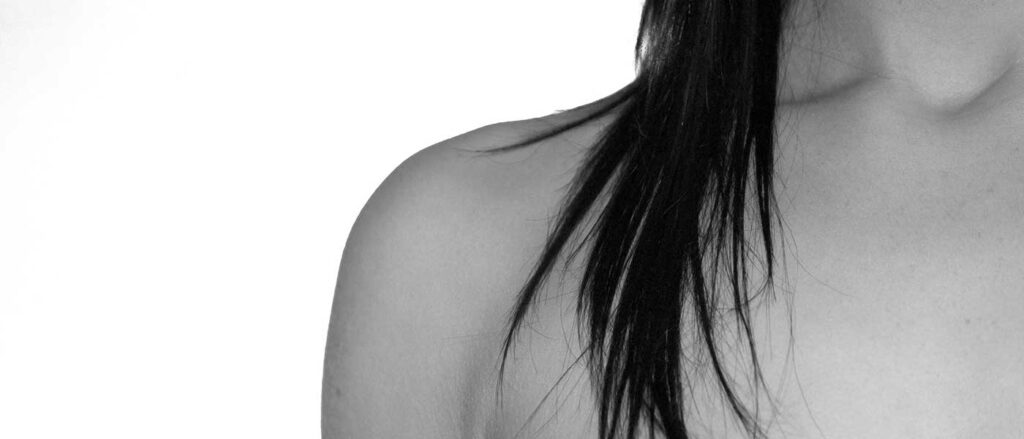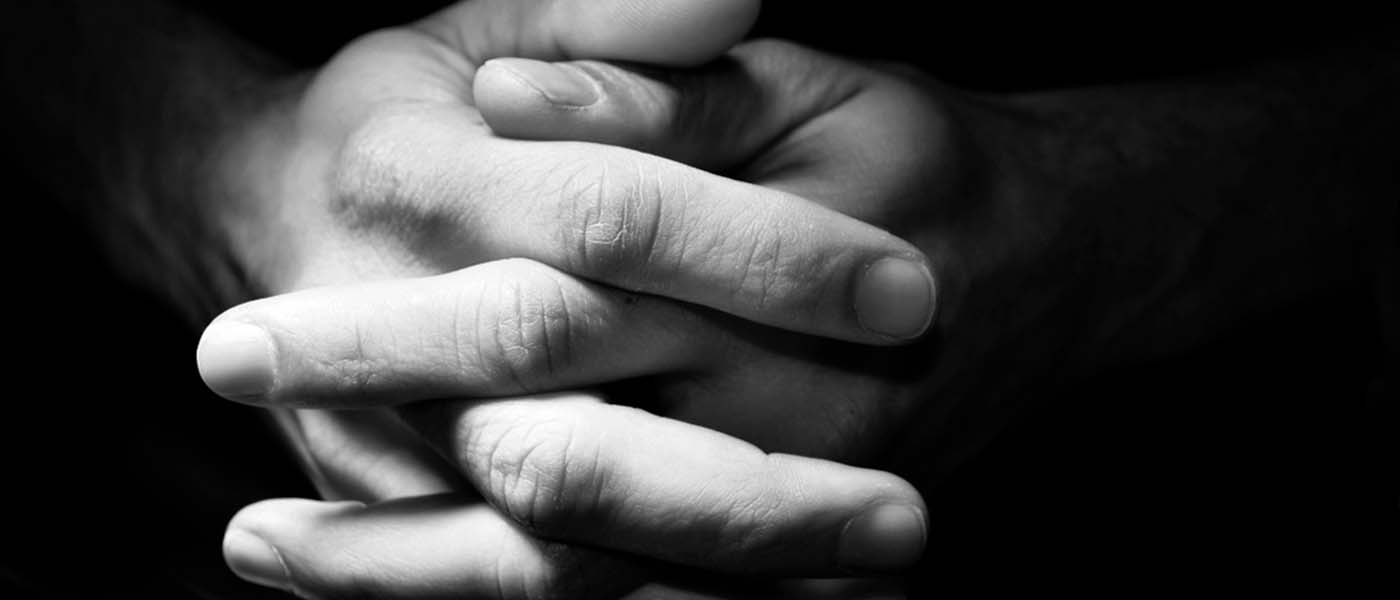“Go ahead and pee on the floor,” the radiology technician says.
I am six years old. Before another experimental surgery that involves stretching somewhere “down there” — antibiotics will ultimately do the trick — I am strapped naked to an X-ray table and then raised ninety degrees to vertical.
To pee on the floor is akin to wetting one’s pants.
“Here,” she says, grabbing the metal trash can and placing it on the floor below me.
The emergency room doctor says nothing at all. He takes my elbow in his hand — I assume to get a good look at it — and he squeezes hard enough to re-break the bone that had broken earlier that afternoon during fifth grade drama class.
I scream, and he leaves the room.
“Lean in,” the nurse says. “It won’t hurt.”
“There’s nothing wrong with your eyes,” my mother has assured me. I am 12 and still want to believe her. “They’re just unusual.”
Every time my mother brings me to the ophthalmologist’s office where she works as a receptionist, I am led into the back, where a nurse squeezes burning drops into my eyes. I lean into a machine and hold my eyes wide and still, willing myself not to blink away tears that feel as though they are carrying sand. I listen to the doctor’s breath whistle in and out through his nose hairs while he satisfies his curiosity.
After a cursory exam, the gynecologist says, “Maybe you need to see a psychiatrist. You seem very,” he looks up from my chart, “…emotional.”
His disapproval of unmarried college students who need the services of a gynecologist blinds him to the massive infection that causes me to double over and cry.
“Clearly you’re an intelligent person,” says the orthopedist at Johns Hopkins. “Why don’t you go to graduate school?”
I have made a special trip to see him because my shoulders come out out of their sockets — backwards — and no one knows what to make of that. I can pop my shoulders back in by myself, but lately, my hands have been going numb. If I were normal, he tells me, a quick surgery would fix me right up, but since I am not, well, why would I want to work with my hands, anyway?
“I don’t know why you’re complaining,” says the famed University of Virginia orthopedic surgeon when I come to him about my hands. “It’s not like you’re a coal miner.”
He leaves me in the examining room for an hour while he chats with one of the UVA basketball players about an upcoming game.
“It’s carpal tunnel syndrome,” the surgeon tells me when he finally returns. He’ll operate on my wrist and elbow.
“I really think it has more to do with my shoulders,” I say, but he is the expert.
The day after that surgery, the day after the night when my screaming drove my boyfriend into the other room, the surgeon says, “Looks like you had a little swelling in the cast.” He cuts the plaster off my arm. “I usually wait to use plaster.”
This must be a joke because as I cry in relief and then in horror at the sight of my arm, yellow and swollen and shrunken at the same time, the surgeon shares a chuckle with the nurse.
“I think we need to do a pelvic exam,” says the doctor — if he is, in fact, a doctor.
His office is on the third floor of a half-empty building in an industrial park. The insurance company has sent me to him to confirm that I am, in fact, still having pain in my hand, wrist and arm, despite the miracle of surgery.
I am an intelligent person, but this doctor has managed to convince me that, as part of the exam, I must take off my shirt.
Does he look just a little too hopeful, a little too surprised at his success up until this moment? And why, I wonder, are there no nurses? Not even a receptionist. Whatever — I come to my senses and leave. The arm-bone is definitely not connected to the vagina-bone.
“You just don’t know what you’re feeling,” says the dentist who leaves me with a bite so misaligned that when I eat, I am chewing my own teeth, like gravel.
In fact, I do know what I am feeling.
I am feeling rage.
The physical therapist listens without interrupting while I speak for half an hour. I am 40. My hands, my shoulders, my body, has a long history.
He hadn’t planned on this career, the physical therapist tells me as he works on unbinding the nerves in my shoulders, but he lost a college baseball scholarship when he broke an elbow and felt called to physical therapy.
“You are not normal,” I say.
The healing begins.




